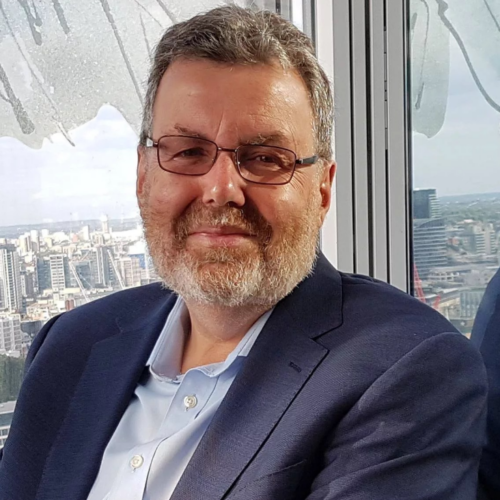

Derek Lennard was a longtime member and former chair of LGBT Humanists—then known as the Gay and Lesbian Humanist Group (GALHA). In that role, he led efforts to bring the International Day Against Homophobia (IDAHO) to the UK, and was organiser and activities coordinator for many years. Known today as the International Day Against Homophobia, Biphobia, and Transphobia, IDAHOBIT is celebrated in more than 130 countries worldwide. Derek brought his creativity and passion for history to LGBT Humanists, and through Fire and Brimstone Productions staged plays and performances showcasing humanists from the past. He was also deeply committed to championing the rights of LGBT people internationally, recognising that even as battles were won at home, much remained to be fought for worldwide.
Most of us who have friends in GALHA met at public meetings. It’s part of our history, an important part of our history, even for those outside London who’d come down specially for events. And there’s a big network of friends who had that experience now in our 60s, 70s, even 80s… That’s a sort of comradeship of humanism; that has some sort of meaning.
Derek Lennard, oral history (2019)
Born in London in 1952, Derek attended Hove Grammar School and the University of Kent. From a Jewish family, Derek recalled his journey towards humanism beginning as a teenager, frustrated at being told not to question what he read in the Torah. The attitudes of his parents also led Derek to conceal his sexuality as a young man.
Derek met the love of his life, Malcolm, in 1990. Raised as a Catholic, Malcolm shared Derek’s experiences of – in Derek’s words – religion’s influence on ‘his ability to be happy and be himself’. Both recognised themselves in humanism. They were pointed in the direction of GALHA by a friend and quickly became active members. Drawn especially by the issues GALHA campaigned on, including fighting the notorious Section 28, it wasn’t long before Derek joined the committee.
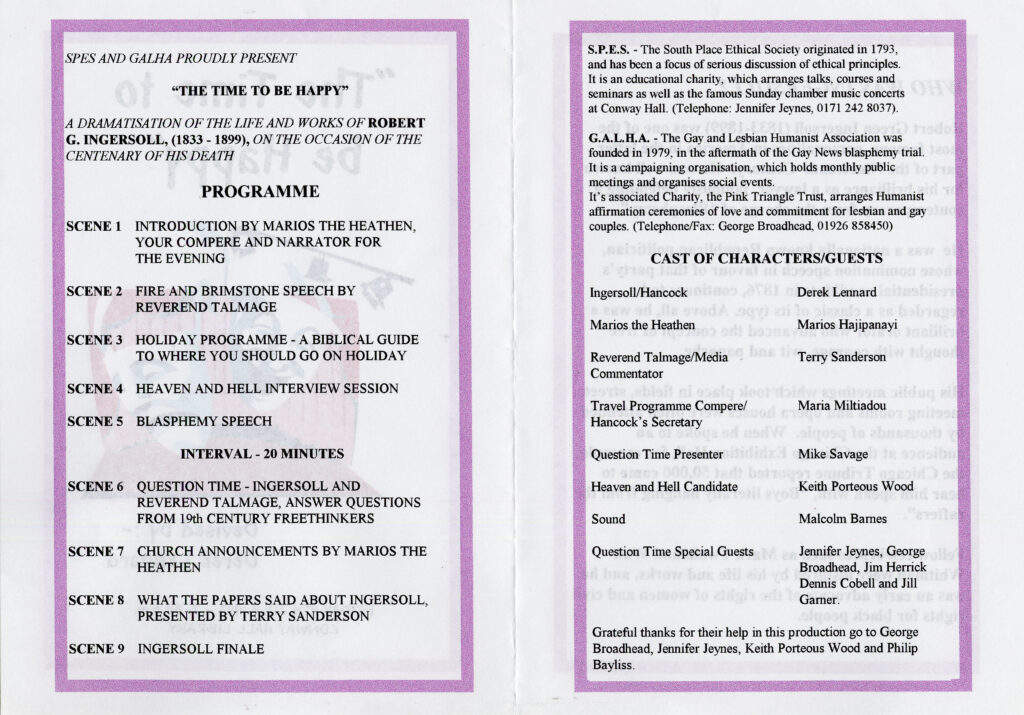
Becoming GALHA’s events organiser, Derek combined a love of history with one of culture and performance. Through Fire and Brimstone Productions, he staged shows about famous freethinkers of the past, from Thomas Paine to T.H. Huxley. He was especially drawn to ‘the Great Agnostic’ Robert Ingersoll, around whom he based a number of plays. In a book review for the Gay and Lesbian Humanist in 2000, he quoted Ingersoll approvingly, his philosophy well-reflecting Derek’s own.
I think I had better remain as I am. I had better follow the light of my reason, be true to myself, express my honest thoughts, and do the little I can for the destruction of superstition, the little I can for the development of the brain, for the increase of intellectual hospitality and the happiness of my fellow-beings. One world at a time.
‘Amen to that!’, Derek concluded.
Proud of the rich and varied programme of talks, debates, performances, and meetings they held over the years, Derek revelled in the community built through GALHA, and maintained close friendships with many fellow members. This he described as ‘a sort of comradeship of humanism’. Derek was also active in the South Place Ethical Society (now Conway Hall Ethical Society), including as part of its music subcommittee.
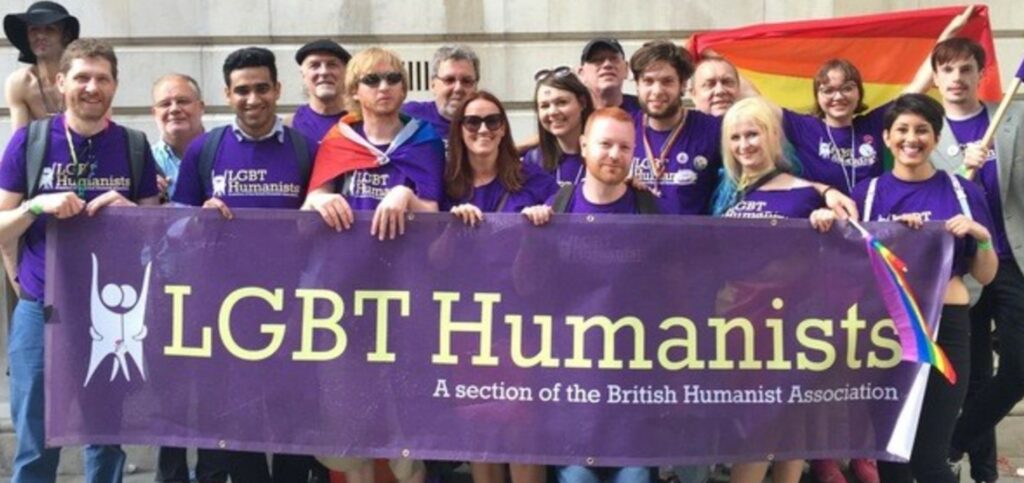
As the first UK coordinator for the International Day Against Homophobia (now the International Day Against Homophobia, Biphobia and Transphobia), Derek pioneered a commemoration now marked in over 130 countries across the world. In 2006, he and Malcolm travelled to Moscow to attend its first Pride event, co-organised by IDAHO and GayRussia. As Derek himself wrote in 2014: ‘Central to our battles has been the fight for LGBT rights at home and abroad.’ This remained a core belief.
Derek Lennard died in 2023, a year after his partner of more than three decades, Malcolm.
I worked with Derek on the first IDAHO in the UK and I can truthfully say that when you see the rainbow flag flying now from Government buildings in May of each year, it’s because of him.
Andrew Copson, Chief Executive of Humanists UK
Derek devoted many years of his life to championing human rights and fostering a community of inclusiveness and joy, committed to his humanist values and convinced of the power of the arts. In spearheading the UK celebration of IDAHOBIT, he left a legacy which continues to grow—a truly humanist afterlife and a testament to his internationalist outlook.
Galha’s journey to success | Humanists UK
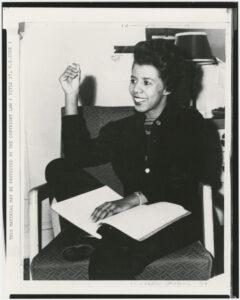
I wish to live because life has within it that which is good, that which is beautiful, and that which […]
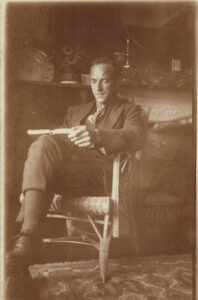
… in broad terms, with our lecturers we attempt to define our intellectual standpoint; with our music we try to […]
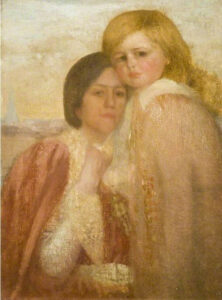
Lift the heart to high endeavour! Fire the thought and nerve the will! Though the bonds be hard to sever, […]
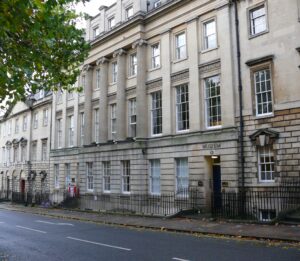
…for the Promotion and Advancement of Science, Literature and Art Trust deed of the Bath Royal Literary and Scientific Institute […]